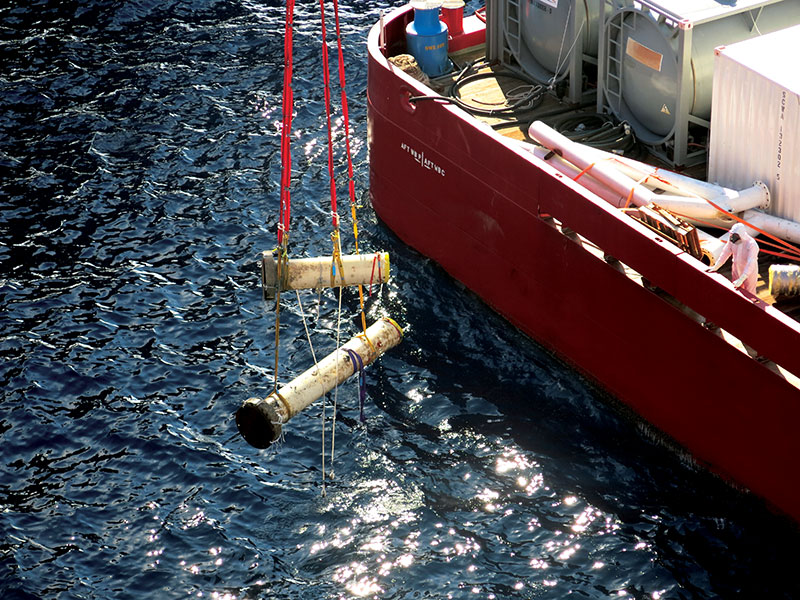U.S. Supports Finland, Estonia as It Probes Baltic Gas Pipeline Burst
(Reuters) — U.S. Secretary of State Antony Blinken said on Thursday the United States would support Finland and Estonia as they probe damage to a gas pipeline and a telecommunications cable under the Baltic Sea.
NATO defense ministers discussed the incident at a meeting in Brussels on Thursday.
"We stand with NATO Allies Finland and Estonia as they investigate damage to undersea infrastructure in the Baltic Sea and support their ongoing investigation to determine the cause," Blinken said on social media platform X, formerly known as Twitter.
Damage to the Balticconnector pipeline and a data cable was confirmed on Tuesday after one of the two pipeline operators, Finland's Gasgrid, noted a drop in pressure and possible leak on Sunday night during a storm.
In Brussels, NATO Secretary General Jens Stoltenberg said that should the incident be proven to be a deliberate attack, it would be met by a "united and determined response" from NATO allies.
"Allies expressed strong solidarity with Estonia and Finland as they work to establish the facts. NATO and allies are sharing information to support that effort," Stoltenberg told a press briefing after the two-day meeting of defense ministers.
He added undersea infrastructure was "extremely vulnerable".
"We speak about thousands of kilometers of cables or pipelines and of course there is no way to have military presence along all these pipelines and infrastructure all the time," he said.
Finland joined the alliance in April this year, Estonia in 2004.
Finnish defense minister Antti Hakkanen said NATO ministers discussed how to protect critical infrastructure better, sharing best practice.
State Actor?
Earlier on Thursday, Finnish intelligence said it could not rule out the possibility of a "state actor" being involved in damaging the infrastructure.
Finland has said the damage was probably caused by "outside activity", renewing concern over regional energy security and pushing gas prices higher just over a year after the dramatic Nord Stream pipeline bombings.
"Involvement of a state actor in this job cannot be ruled out," Finnish Security Intelligence Service Director Antti Pelttari told reporters.
"Who is behind this is a matter for the preliminary investigation. We do not comment on it in more detail."
Finnish and Estonian police will form a joint team of investigators to ensure a smooth exchange of information, Finland's National Bureau of Investigation (FNBI) said.
Progress has been made on identifying vessels operating in the area, and the investigation will continue to focus on the technical examination of the seabed for any visible traces, although bad weather was hampering efforts, FNBI said.
"The area under study is large and located tens of meters below sea level, which makes the investigation particularly challenging," Detective Superintendent Risto Lohi said in a statement.
Finnish authorities said on Wednesday "external marks" had been found on the seabed beside the damaged pipeline and that they were reviewing vessel traffic in the area at the time of the rupture.
A chief investigator also said that it currently looked like the damage was caused by "mechanical force", not an explosion.
Related News
Related News

- Keystone Oil Pipeline Resumes Operations After Temporary Shutdown
- Freeport LNG Plant Runs Near Zero Consumption for Fifth Day
- Biden Administration Buys Oil for Emergency Reserve Above Target Price
- Mexico Seizes Air Liquide's Hydrogen Plant at Pemex Refinery
- Enbridge to Invest $500 Million in Pipeline Assets, Including Expansion of 850-Mile Gray Oak Pipeline





Comments